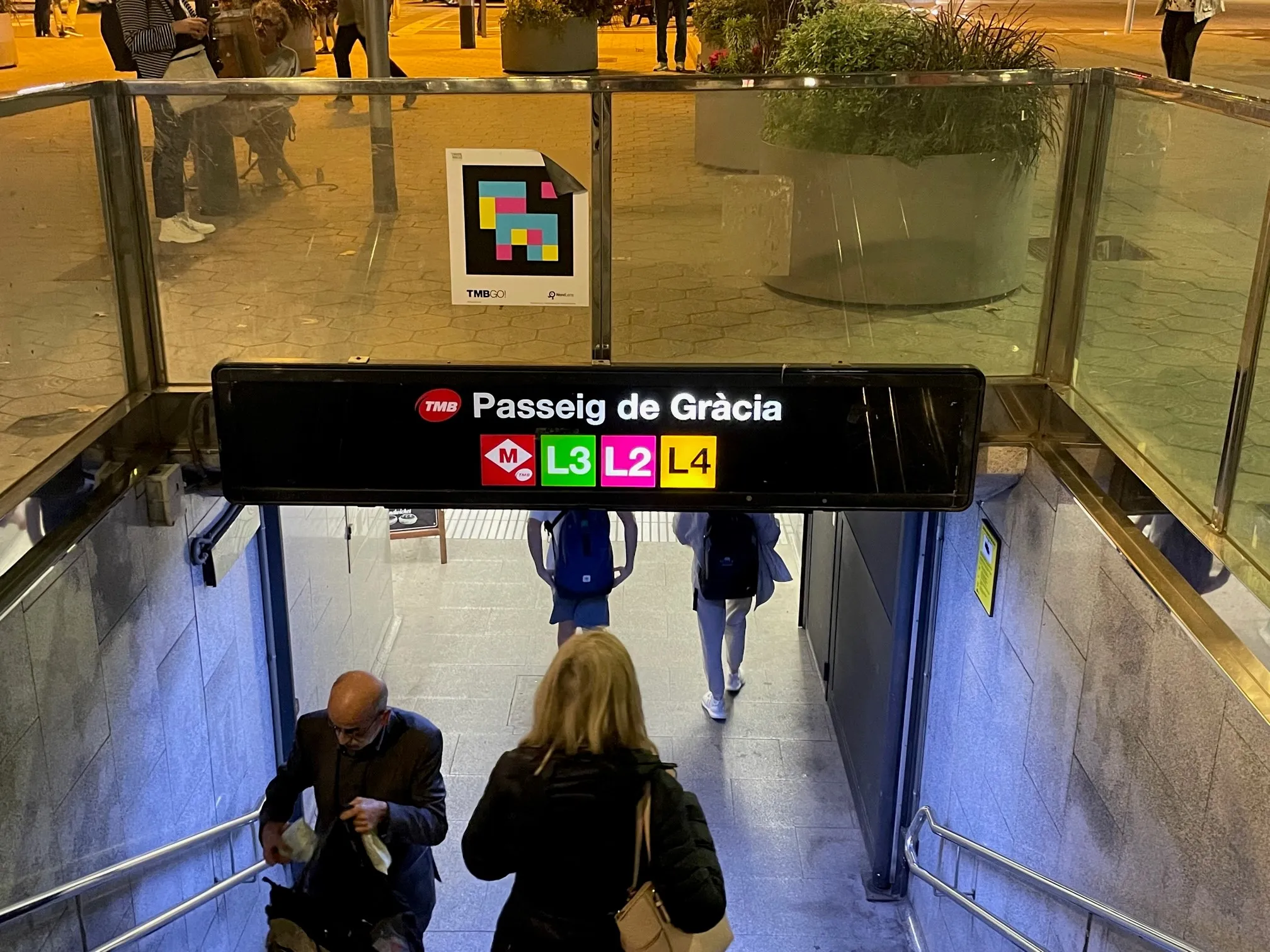
A new urban mobility project aims to develop digital tools to simulate a satellite pay-per-use tolling system in Germany and Spain.
Abertis Mobility Services (AMS) is part of the consortium testing in the low-emission zones (LEZ) of Munich and Esplugues de Llobregat in the Barcelona metropolitan area.
The company will implement the simulated satellite road usage charging solution, handling back-office management and the development of an app - something AMS has experience of in the US states of Washington, Utah, Oregon and Virginia through its subsidiary Emovis.
This system allows drivers to pay for their actual use of the road, with an exact calculation of the distance they have driven. City authorities will use the simulation to work out real traffic demand management strategies.
The platform will operate with a fixed fee to access the cities' LEZ, and a variable fee depending on the number of kilometres travelled, level of usage and congestion at the time of access.
Financed by the European Union's EIT Urban Mobility, which is part of the European Institute of Innovation and Technology (EIT), the project seeks to promote connected mobility, and expand shared transport and active travel.
AMS is a partner of Immense, a project seeking ways to discourage and reduce car use in urban areas, and to boost more sustainable transport.
The solution will be piloted for two months - from September to November 2023 - with around 1,000 citizens, testing scenarios where congestion is reduced by 10% (Esplugues de Llobregat) and 25% (Munich) depending on the availability of alternative routes within the affected areas.
Immense aims to make it possible to free up at least 10% of public space for the use of shared transport and active travel modes, due to better use of existing infrastructure and increased revenues from dynamic fares.










